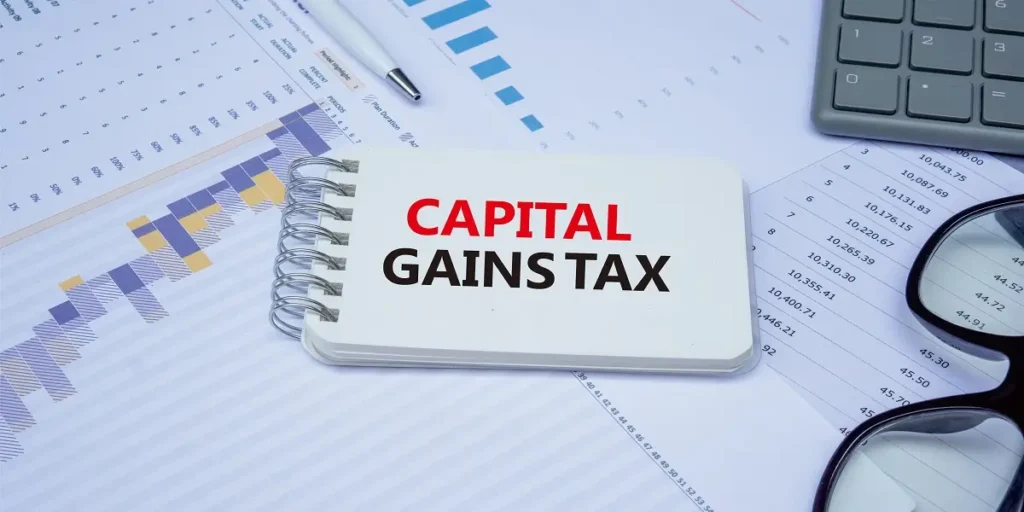Capital Gains Tax (CGT) can seem complex, but understanding its fundamentals is essential for anyone looking to realise gains on investments or property in the UK. In this expert guide, we’ll walk you through what CGT is, when it applies, how rates are calculated, available reliefs, and practical tips from UK tax experts to help you plan effectively.
What Is Capital Gains Tax?
Capital Gains Tax is charged on the profit (“gain”) you make when you sell or ‘dispose of’ an asset that has increased in value. Disposals include selling, gifting, or exchanging assets, as well as transferring them into a trust.
- Assets subject to CGT: Shares, investment funds, business assets, second homes and rental properties, valuable personal possessions (e.g., art or antiques), and cryptocurrency.
- Exemptions: Your primary residence (under Private Residence Relief), ISAs, and certain government bonds.
The Annual Exemption and Allowances
Every individual has an annual CGT allowance, known as the Annual Exempt Amount, which is £6,000 for the 2024/25 tax year. Gains up to this amount are tax-free. If your total gains minus losses fall below this threshold, you won’t owe CGT.
- Spousal transfers: Transfers between spouses and civil partners are exempt, allowing strategic timing of disposals.
- Losses: Capital losses can be offset against gains in the same year or carried forward to future years to reduce CGT liability.
CGT Rates for Individuals
CGT rates depend on your overall taxable income (including the gain):
Basic-rate taxpayers (total taxable income up to £50,270):
- 10% on most gains
- 18% on residential property gains
Higher- and additional-rate taxpayers (income above £50,271):
- 20% on most gains
- 28% on residential property gains
Example: If you’re a higher-rate taxpayer selling a second home, you’ll pay 28% CGT on gains above your £6,000 allowance.
Property Tax and CGT
Property transactions carry special considerations:
Principal Private Residence Relief (PPR)
Exempts gain on your main home, including up to the last 9 months as if it were your main residence.
Letting Relief (phased out for disposals after April 2020)
Now only applies if you share occupancy with tenants.
Reporting and Payment
For UK residential property sold on or after 6 April 2020, you must report and pay CGT within 60 days of completion via the UK Property CGT return.
Reliefs and Planning Opportunities
Business Asset Disposal Relief (formerly Entrepreneurs’ Relief)
Qualifying business owners pay 10% CGT on gains up to a lifetime limit (£1 million) when selling all or part of a business.
Bed and Spouse
Sell shares to use your spouse’s allowance then repurchase to reset base cost.
Timing Income
Deferring other income into a later tax year can keep you within the basic-rate band, reducing CGT on gains.
How Tax Experts Can Help
Working with UK tax experts ensures you navigate CGT rules efficiently:
- Accurate reporting: Avoid penalties by timely and correct UK property CGT returns.
- Sophisticated planning: Utilise reliefs like Business Asset Disposal Relief and losses forecasting.
- Tailored advice: Personal circumstances—such as domicile, trusts, and international assets—can greatly affect CGT.
Key Takeaways
- Know your allowance: Use your £6,000 Annual Exempt Amount wisely.
- Understand rates: Residential property gains carry higher CGT rates.
- Use reliefs: Business Asset Disposal Relief and PPR can cut your tax bill.
- Get expert support: Professional advice can unlock planning strategies and ensure compliance.
By planning disposals, making full use of exemptions, and seeking expert advice, you can manage your Capital Gains Tax liability effectively—keeping more of your profits where they belong.











